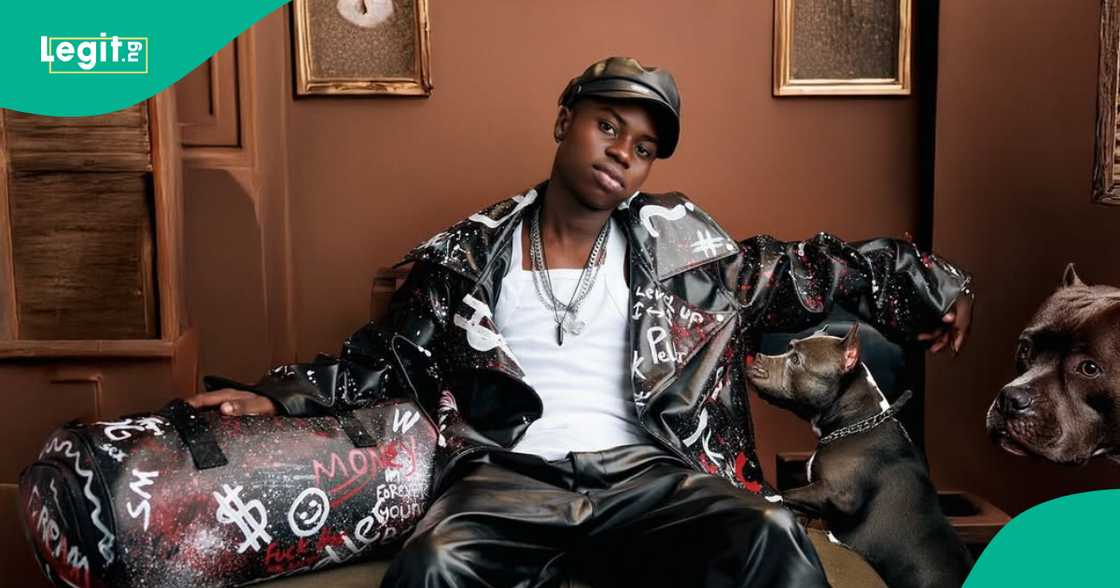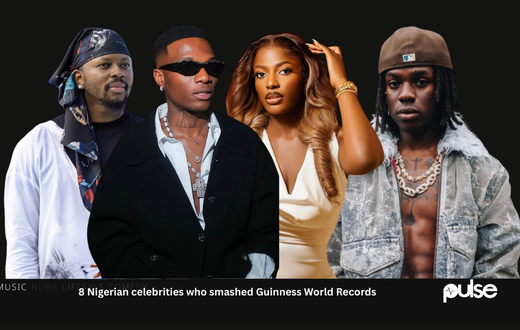Social media influencer and streamer Habeeb Hamzat, widely known by the nickname Peller, has kicked off heated debates online with a controversial clip that features him destroying a cardboard likeness of his fellow content creator and romantic partner, Amadou Elizabeth Aminata. Better known as Jadrolita or Jarvis, her fall-out with Peller is once again making headlines across Nigeria’s social and entertainment circles.
The dramatic moment took place during one of Peller’s livestreams in his studio, where he revealed that Jarvis had decided to block him on all major social media channels. Frustrated by her move, Peller addressed his online audience and, in a fit of bravado, smashed a cardboard statue fashioned after Jarvis. He made clear he was not bothered by her decision, insisting he felt no heartbreak over the situation.
Peller and Jarvis: A Tumultuous Public Romance
This latest online spectacle has once again placed Peller and Jarvis’s turbulent relationship under the spotlight. Known for their unpredictable and on-again-off-again romance, fans have closely followed their highs and lows for months. In June 2025, Jarvis publicly announced she was single, strongly suggesting the couple had parted ways at that time.
Just a few months after that, in September, Peller made waves with suggestive remarks about wanting to start a family with Jarvis once he secured a new home. Their story continues to unfold in full view of the public, keeping followers invested in every twist and turn.

Credit: peller089
Source: Instagram
A viral video, shared via
Peller’s Instagram page, captures the moment he shatters the cardboard statue—an act many see as symbolic, following Jarvis’s move to block him online. The clip quickly sparked heated discussions across multiple platforms:
Peller’s Response Sparks Waves on Social Media
The online community wasted no time weighing in. Here’s a snapshot of some trending reactions:
BenRmc_ said:
“He’ll soon be beating Jarvis too.”
philanth_ reacted:
“This is the gbas gbos that keep em relevant on internet. Good business people they know what the stupid customers wants.”
LaughNLearnX said:
“That’s their problem; they’ll soon be back together.”
DonLumzyAdams reacted:
“This guy is suffering from a mental breakdown, he needs his family and friends in this trying times.”
Chrisllionaire said:
“Breakup no 3 out of 10. 7 more to go before final breakup.”
callersquad said:
“They need to move past this blocking issue… People at the top collaborate but theirs is the other way round.”
kwesi_shaq said:
“I really like peller and Jarvis way of trending.. they’ll do anything to trend. The way haters are watching them to break up err . They will never break up too . They are grace.”
olukhunle6 wrote:
“Na from clap dance dey start, ask around I’m a very patient man.”
Mhizta_Emic reacted:
“He said he is not pained then went ahead to play a sad tune when breaking it, like it’s a perfect tune for the moment.”
Bruno_pozy reacted:
“This boy need go back school. I like as Jarvis just Dey use am as robot no Dey pay again.”
Peller’s Reported Offer from Ghana Raises Eyebrows
In another headline-making claim, Peller alleged recently that he was approached with an enticing proposal to relocate to Ghana. According to him, he was offered a sum of 500,000 cedis (roughly ₦32 million at the current exchange rate) if he would become a naturalised Ghanaian citizen—a rumor he says he declined, citing his deep attachment to Nigeria as his homeland.
This statement quickly made its rounds on Ghanaian and Nigerian social media, with many Ghanaians responding wittily to his claim and others questioning whether such an offer was genuine or simply a bold PR move. The debate underlines how content creators on both sides of the border use controversy and humor to build their brands—while also highlighting issues of national pride and regional rivalry in West Africa’s buzzing social media ecosystem.
Peller’s stories continue to stir conversation, raising bigger questions about the nature of public relationships in the age of viral media, the impact of influencer culture in shaping youth behaviour, and the sometimes-blurry lines between genuine emotion and social media theatrics.
As Nigerian and Ghanaian audiences dig into these ongoing stories, the fascination around figures like Peller and Jarvis shows no sign of fading. With each new post and live session, the two seem to reinvent their digital personas and spark fresh debates across Anglophone Africa.
What’s your view on influencers airing their private relationships online? Do you think it helps or hurts the people involved—and how do you feel about the cross-country banter between Nigerians and Ghanaians online?










